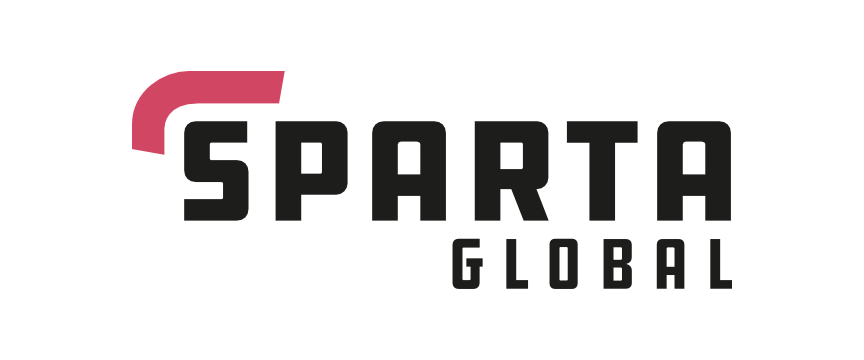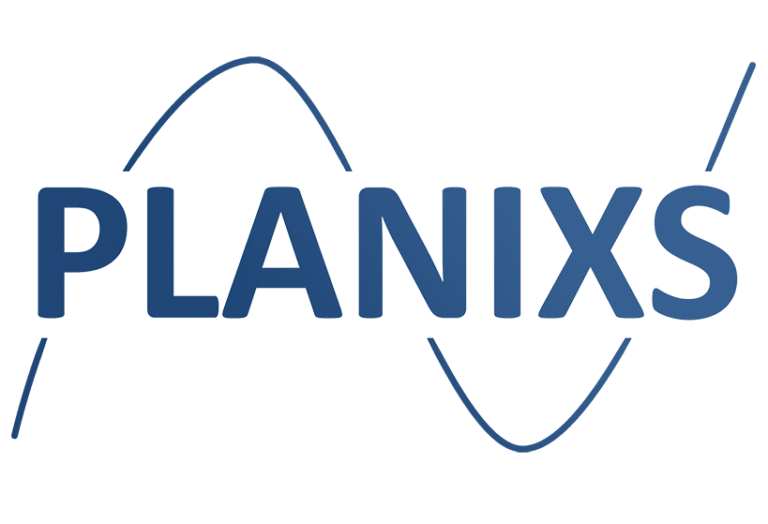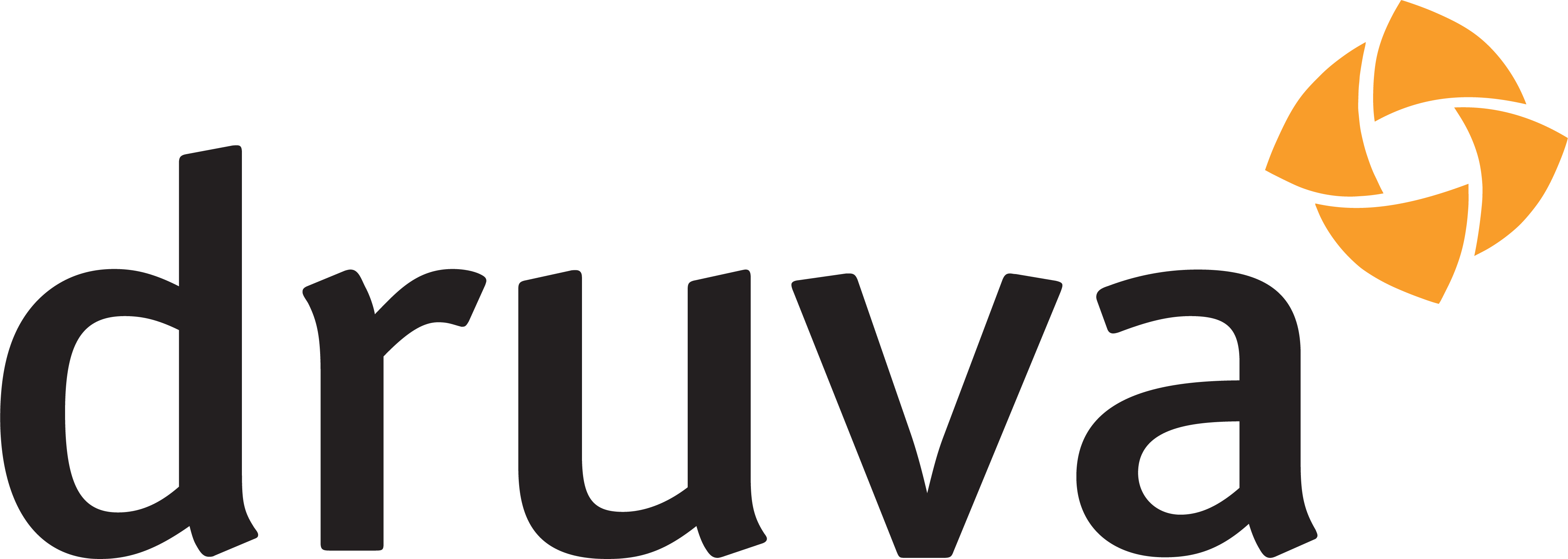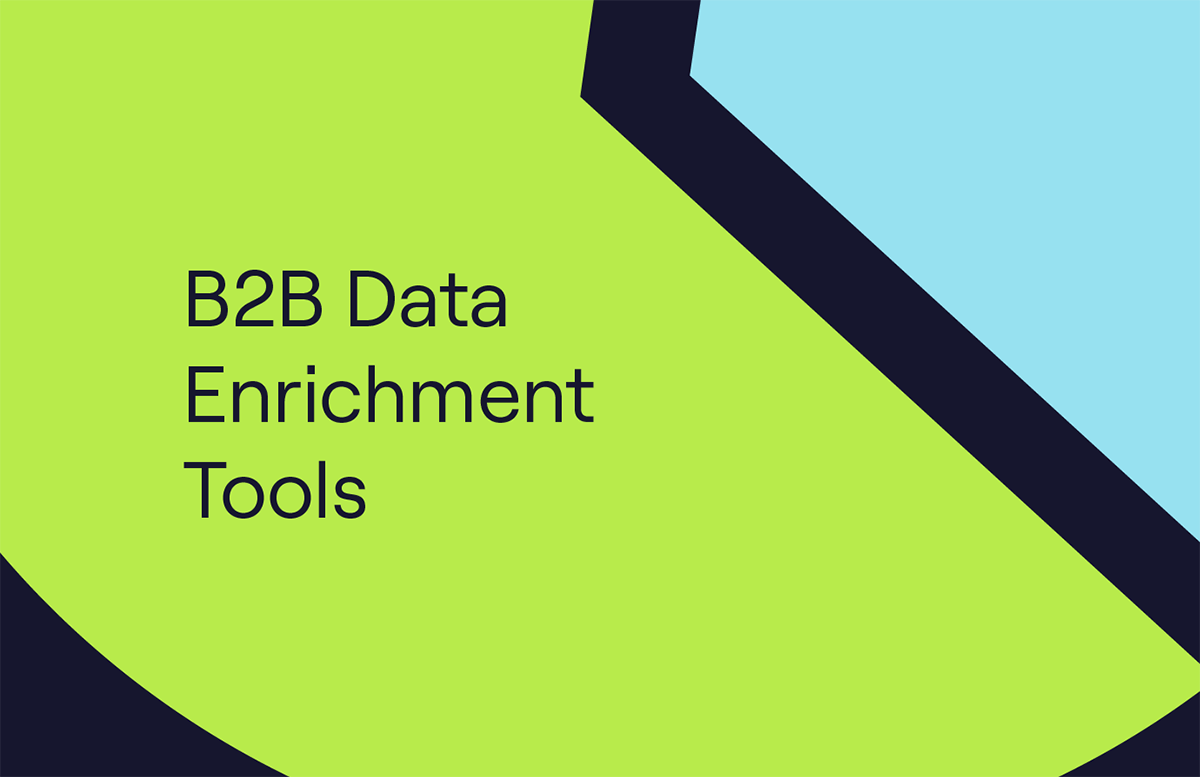Apollo Data Enrichment: How It Compares to Cognism & Clay
Apollo.io is a well-known B2B data platform, but how does its data enrichment actually perform in practice?
And more importantly, how does it compare with other providers?
In this blog, we’ll examine Apollo’s data enrichment capabilities, strengths, and weaknesses and how it compares to top competitors like Cognism and Clay.
If you rely on Apollo for B2B data enrichment or want to compare vendors, this article provides the insights you need to make a confident, informed decision.
TL;DR
Apollo, Clay, and Cognism all offer enrichment, but they’re built for different audiences.
Clay is built for Ops engineers who love flexible workflows. It connects with multiple data providers (including Apollo). Users like its flexibility, but it comes with complexity.
Apollo bundles enrichment inside a broader sales engagement tool, and Cognism is designed for revenue teams that need verified, compliant data at scale.
- Apollo enrichment: Built into Apollo’s sales engagement platform, with filters, integrations, and waterfall verification via third-party vendors.
- Clay enrichment: Flexible waterfall enrichment from multiple providers is suitable for Ops teams, but credit burn risk is high.
- Cognism enrichment: Dedicated enrichment engine, including a Data as a Service (DaaS) offering, with phone-verified mobiles, compliant-by-design data, and pricing without hitting credit ceilings.

Digital Marketing Manager @Sparta Global

What is Apollo enrichment?
Apollo enrichment is designed to fill in missing details for leads and accounts, from email addresses and job titles to company attributes. It’s available through manual updates, CSV uploads, and CRM sync with tools like Salesforce and HubSpot.
Here are Apollo’s current core B2B data enrichment features:
- CRM enrichment: Enrich contact and account records directly inside your CRM.
- Waterfall enrichment: If one source can’t confirm a data point (like a mobile number), Apollo checks multiple third-party providers in sequence until it finds a match.
- CSV enrichment: Upload a CSV file of leads or accounts into Apollo, and the system will add missing information.
- Enrichment API: Apollo provides an API endpoint so enrichment can be integrated programmatically.
How does Apollo enrichment work?
Apollo advertises “AI for sales” as a headline feature. It uses artificial intelligence to recommend contacts, update information, and enrich CRM records.
This includes:
- Auto-filling fields based on behavioural data.
- Suggesting similar leads based on your saved lists.
- Scraping publicly available data (e.g. company websites).
These tools help automate repetitive tasks and provide sales teams with streamlined workflows for targeting prospects.
Apollo also uses a waterfall enrichment model, which means data can come from multiple third-party vendors. This adds flexibility, but it also means:
-
Verification methods vary across providers.
-
Credit costs fluctuate depending on the data source.
-
Standards of compliance may differ between vendors.
Now, let’s take a look at Apollo.io enrichment’s pros and cons 👇
Pros and cons of Apollo enrichment
| Pros | Cons |
| ✔️ Works through CRM sync, CSV uploads, or API. | ❌ Mobile numbers and some enrichment types may consume credits quickly, which may add up. |
| ✔️ Connects with Salesforce, HubSpot and other platforms for ongoing enrichment. | ❌ Waterfall enrichment uses third-party providers; the verification method and compliance standards may differ depending on the vendor. |
| ✔️ Offers a free plan with limited enrichment features, making it accessible for small teams to try before committing. | ❌Charges separately for email and mobile enrichment, even for record verification if the record already exists, which means one contact can cost multiple credits. |
If you’re looking for a data enrichment tool like Apollo.io, consider Cognism. It was built for revenue teams that need accuracy, compliance, and scale without worrying about credit burn.
Don’t waste time juggling third-party vendors or burning through credits. With Cognism Enrich, you get a single, verified source of truth:
- Diamond Data®: phone-verified and connect-ready.
- Compliant-by-design: GDPR, CCPA and DNC checks in 13 countries.
- Reduced need for credits: unrestricted views and individual and page-level exporting.

SDR Manager @OneUp Sales
.png?width=200&height=200&name=Untitled%20design%20(72).png)
Apollo enrichment vs Clay vs Cognism
In summary:
-
Clay = best for engineers building complex automations, but credit costs vary.
-
Apollo = good if you want enrichment inside a sales engagement tool, but credits and vendor reliance may add complexity.
-
Cognism = best choice for revenue teams prospecting into new markets like EMEA.
💡Learn more about Cognism vs Apollo.
💡Learn more about Cognism vs Clay.

Regional Sales Manager @Coralogix
Apollo enrichment pricing vs Cognism pricing
Apollo’s enrichment pricing is credit-based and tied to its wider sales engagement platform.
According to Apollo’s Knowledge Base:
-
“Waterfall Enrichment requires Apollo credits to run when using Apollo’s native or natively integrated third-party data sources.”
-
“Credit charges vary by data source.”
-
“When you configure Waterfall Enrichment, Apollo previews the credit cost for each natively integrated data source.”
You can expect:
-
Separate charges for email enrichment, mobile enrichment, and even record verification (so one record can cost multiple credits).
-
Variable costs depend on the type of data you’re enriching.
-
Credit burn risk when workflows or waterfall enrichment consume more credits than expected.
For example, if you want an email and a mobile number enriched for the same contact, Apollo charges two credits, even if the record already exists. When multiplied across larger datasets, costs may escalate quickly.
While Apollo does offer free and lower-tier plans, restrictions on mobiles, credits, and features make it difficult for growing teams to scale enrichment without hitting limits.
Cognism, on the other hand, offers pricing with no surprises.
You get:
-
Verified mobiles and emails included in every enrichment.
-
No double-charging for verification: one contact enriched means one contact covered.
-
Transparent packaging designed for scalability, not scarcity.
-
Unlimited workflows without extra vendor costs or credit burn.
With Cognism, enrichment is simple, predictable, and built for growth. Teams can enrich records at scale without worrying about hidden charges or unpredictable credit usage.

Director of Business Development @SUB1

Why teams choose Cognism
When it comes to enrichment, revenue teams pick Cognism because we remove the friction, hidden costs, and compliance grey areas that come with credit-based, waterfall models.
Cognism provides you with:
- CSV enrichment: Upload a CSV and automatically fill in missing or outdated fields (emails, mobiles, job changes, etc.).
- API enrichment: Plug Cognism’s data engine directly into your CRM, workflows, or product for real-time, GDPR-compliant enrichment.
- A team of data experts within our DaaS offering: If you’re an enterprise-scale organisation and require more data expertise, our onboarding experts will guide you from integration to optimisation.
Why Cognism Enrich?
- Fresh, verified data: Stay ahead of job changes, mobile switches, and outdated info with continuously updated records.
- Scalable enrichment: Power everything from a few hundred records to millions with CSV and API enrichment.
- More opportunities: Customers see up to 1.7x more pipeline opportunities with integrated and on-demand enrichment.
- Time saved, accuracy gained: Automate enrichment and avoid the 8+ hours wasted manually updating every 1,000 stale records.
- Cross-team value: From Sales to Marketing to RevOps, better data means cleaner reporting, faster speed-to-lead, and stronger outreach.
According to our own use of the Cognism platform, enriching stale records saved time and directly impacted revenue. Outdated or incomplete data is not just inconvenient; it’s costly.
Marketing Director @Planixs

Work with a team of Cognism data experts
For more complicated use cases and data integration through our DaaS offering, we’ll provide a team of experts to work with you on custom integrations and your data strategy.
-
Scalable design: We consider your business’s unique complexities to create tailored solutions that evolve with you.
-
Risk reduction: Build it right the first time and steer clear of technology missteps that slow progress.
-
Collaborative strategy: Explore fresh ways to leverage Cognism’s data within your tech stack, drawing on proven best practices from our customer community.
What kind of results can you expect using Cognism?
- 70% of database generated with Cognism, 3× faster list building (Lalaleads)
- 12 hours saved per week per SDR (CEC Marketing)
- 22% quarterly pipeline growth (Druva)
- 80% better connect rates and 30% higher data quality (Mollie)
- 42% increase in EMEA BDR pipeline (Redgate)
- 60% increase in meeting bookings (Sub1)
- 23% increase in call connect rate (UpCloud)

SDR Manager EMEA @Druva

Final thoughts:
Apollo enrichment provides flexibility and good integrations, but its waterfall model means variable standards and credit burn.
Clay is excellent for RevOps custom workflows, but credits and compliance vary by provider.
Cognism’s enrichment is for revenue teams that can’t compromise on accuracy or compliance. With phone-verified mobiles, no wasted credits, and compliant-by-design enrichment, the solution is built to power pipeline growth.
Book a demo with Cognism today and see how enriched, precision-targeted data can elevate your pipeline.
FAQs
Data enrichment in Apollo.io is the process of auto-filling missing data (emails, phone numbers, company info) using Apollo’s internal contact database.
Yes, Apollo’s data enrichment is AI-powered. It uses automation and AI to enrich records and recommend prospects.
Cognism is a top alternative to Apollo Enrichment, offering verified data, intent signals, and deep CRM integration.
When comparing Clay enrichment with Apollo enrichment, Clay is more customisable; Apollo is more out-of-the-box.
The right choice depends on your technical resources and needs.
However, if your goal is to achieve the highest levels of data quality and enrichment performance—particularly for outbound prospecting—Cognism stands out.
/CTAs%20(SEO)/CTA%20banner-Ideal%20customers..webp?width=672&height=258&name=CTA%20banner-Ideal%20customers..webp)


/csv%20enrichment/csv-enrichment-card.webp)